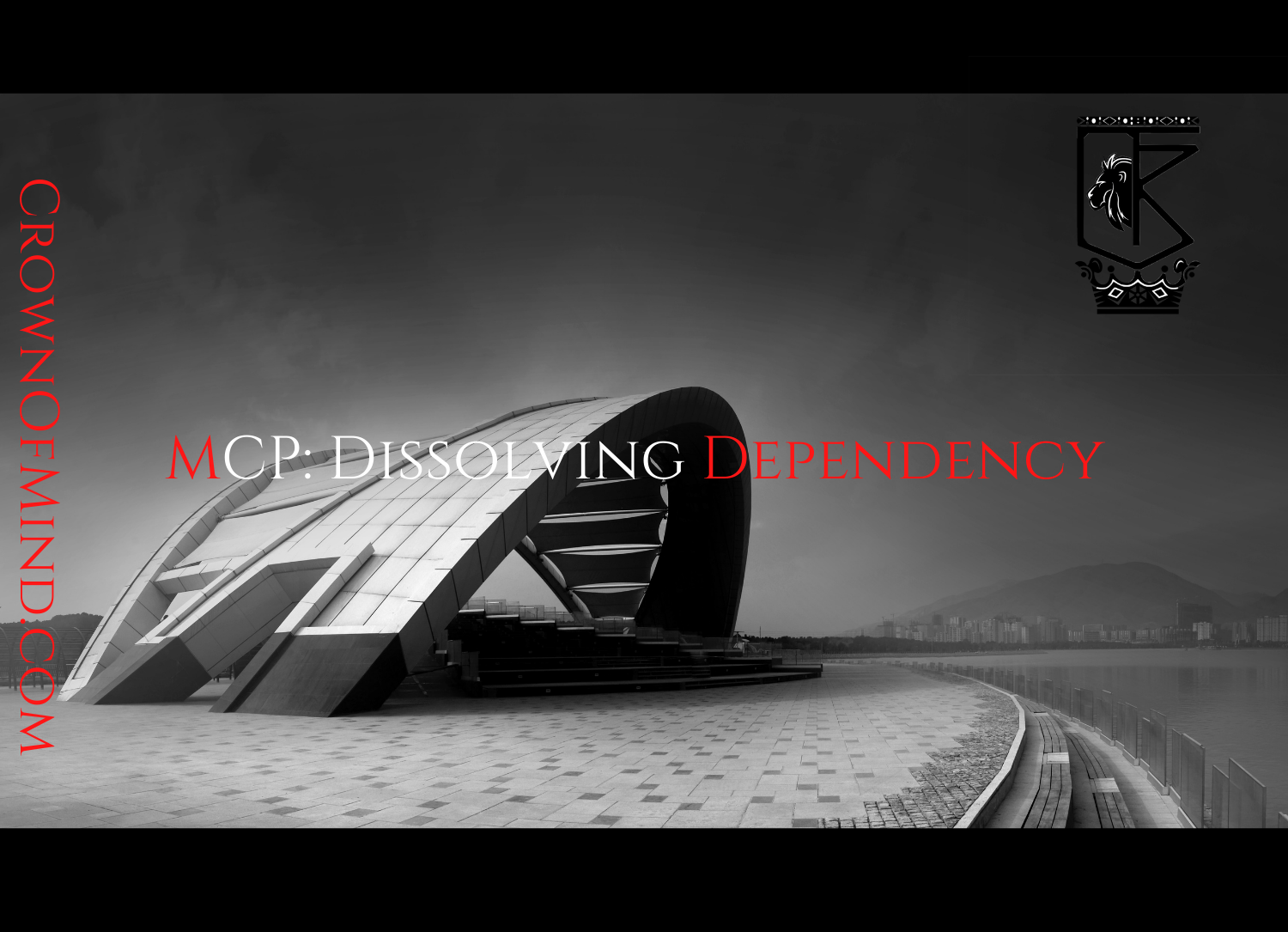MCP, or MasterLearn Coach Philosophy is a coaching path that harnesses self-directed learning methods for realizing inner capabilities through the subconscious.
A coach holds a powerful position. By powerful, I mean influential. When a client decides to work with a coach, it begins a relationship involving a mutual ebb and flow regarding goals, desires, actions: the subconscious or spirit.
While a coach could be sourced for a simple objective like improved time management, an internal transformation is necessary to ensure time management realization is established, secure and a permanent feature within the client once that client leaves the coaching relationship.
There should be a time when the client exits the coaching relationship.
A coach should strive to empower the client to a level they no longer need the coach.
Thus, the coach’s power, and potential corruption that can emerge when an uncultivated coach takes the helm to guide a client whose discernment lacks detection of the coach’s power hunger; with this type of coach, there’s a desire, almost a need to keep the client hanging on, depending on the services.
What was once a client-coach connection ends up becoming a master-dependent connection.
It’s quite dangerous, as we can examine realms outside of coaching that harbor this kind of parasitic dynamic.
Dependency Restricts Liberation
A man who lacks the self-esteem to attract women of high esteem may savor the attention and dependency of a woman he’s psychologically, financially or physically abused to a point he becomes her life source.
A woman who lacks the self-esteem to see herself as more than a physical body may feed off of the continuous attention desperate men give her through social media comments and dating swipes. Dependency fueled by lust.
A community brought to its knees by destroying opportunities and liberating knowledge access may succumb to politicians’ power-hungry motives, who enjoy knowing people must depend on their programs for sustenance.
A coach is in a position to support a client’s transformation. Like a journeyer, the coach walks alongside the client while they explore, face inner demons, understand the resistances and eventually arrive at some conclusion that sparks a difference, some version of themselves that wasn’t yet seen but always available.
To accomplish this, the coach needs to be healthy; psychologically. And that means physically. And that means spiritually.
Like an aspirant on the path, a healthy coach has done the necessary work to understand and nullify one’s own demons, to set the ego in its proper place, to understand where the internal configurations exist and their roles work. In this state, the coach is able to create a space for a client to perform their own work, undisturbed by temptations for egoic gratification.
Example 1: asking questions vs. giving answers
Client: I’m not sure why I can’t just stick to my schedule. What do you think it is?
Coach: I think you’re just indecisive and that needs to be worked out. It’s a real problem.
This simple response can be enough to psychologically harm the client. The client’s question serves as an opening into their subconscious; it’s a receptive state, and combined with the trust in this coach, makes the client vulnerable to whatever the reply is.
It can also be tempting for the coach to state the “what is,” but this can also remove the client’s experience of self-realization. Saying what it is less potent than the client recognizing it and stating it.
In this case, the coach projects a statement instead of helping the client explore further. Now, the program “indecisive” is implanted within the client to do later damage.
Example 2: asking questions vs. giving answers
Client: I’m not sure why I can’t just stick to my schedule. What do you think it is?
Coach: What signs do you notice preventing you from sticking to your schedule?
This reply is exploratory. Now the client can think about it, provide more information and that can reveal some consistencies or patterns both the coach and client can realize together. Dependency is exchanged for collaboration.










